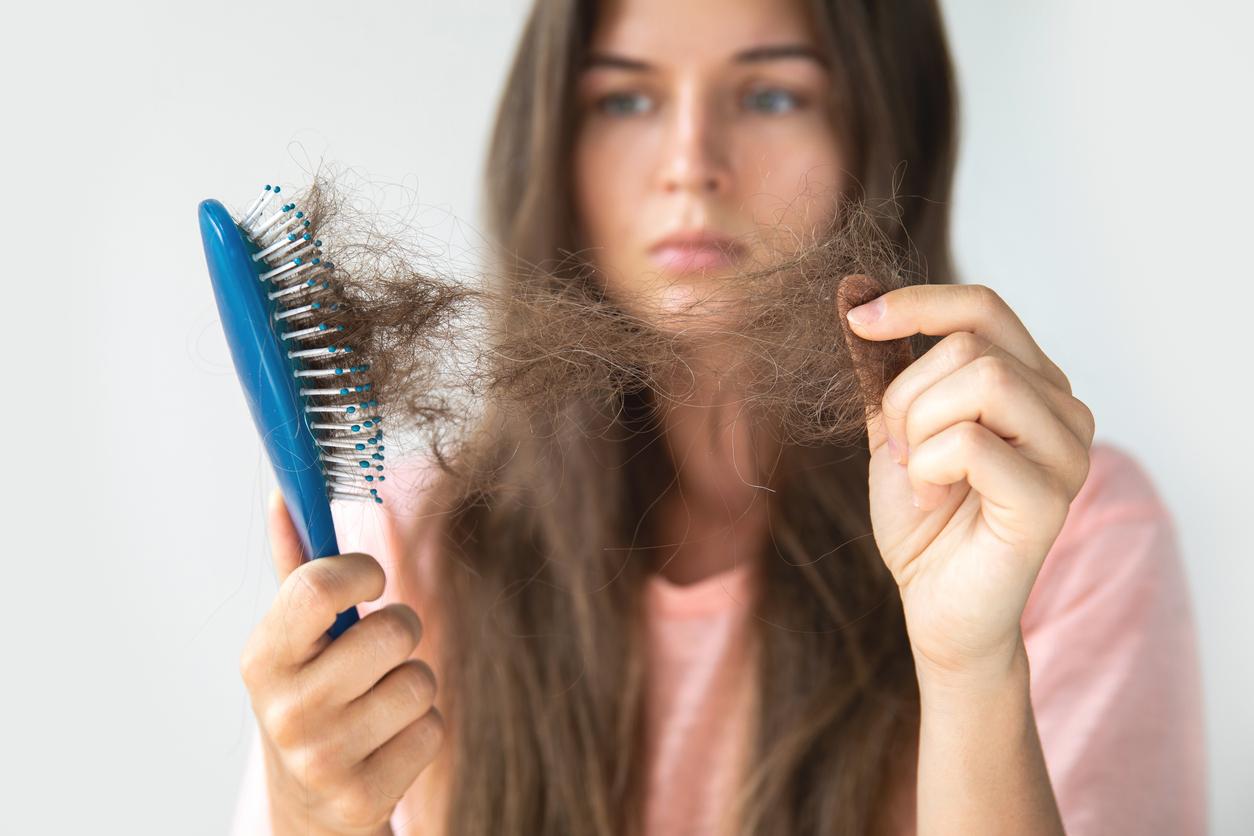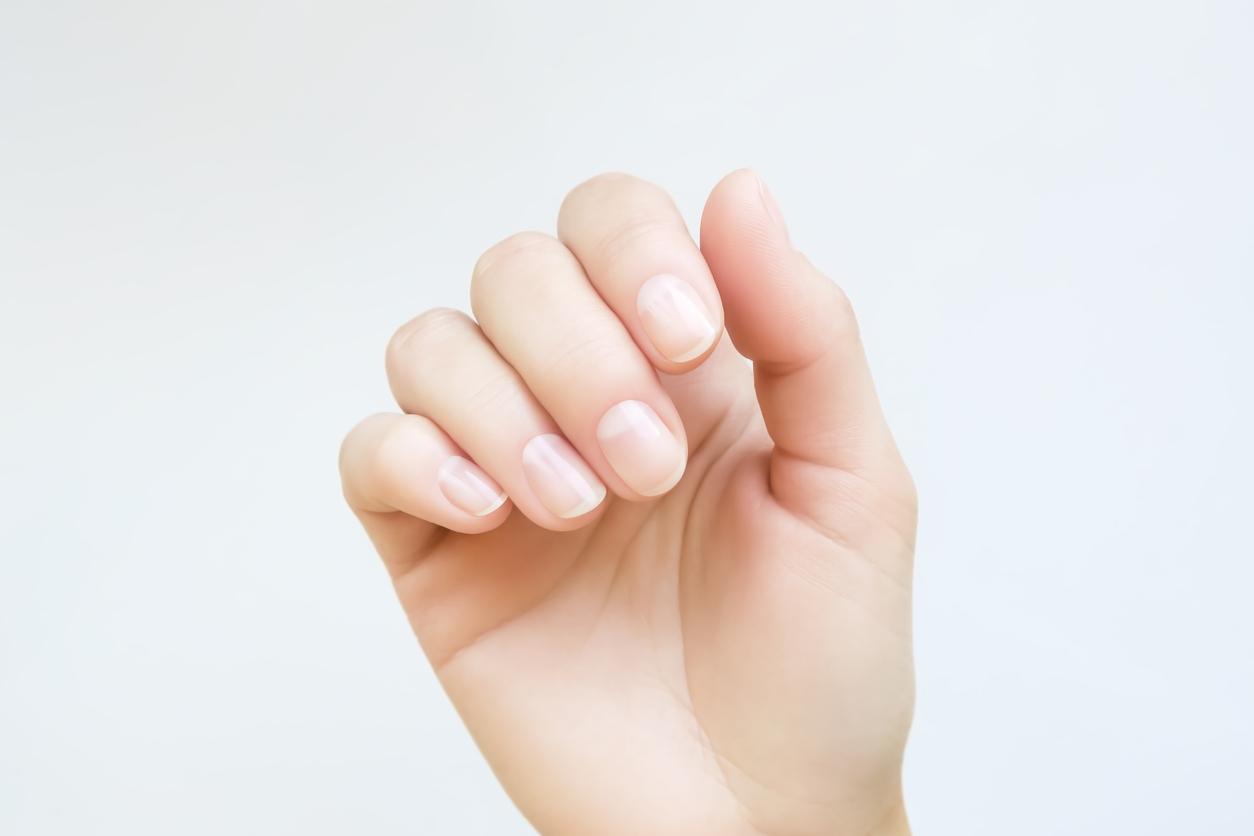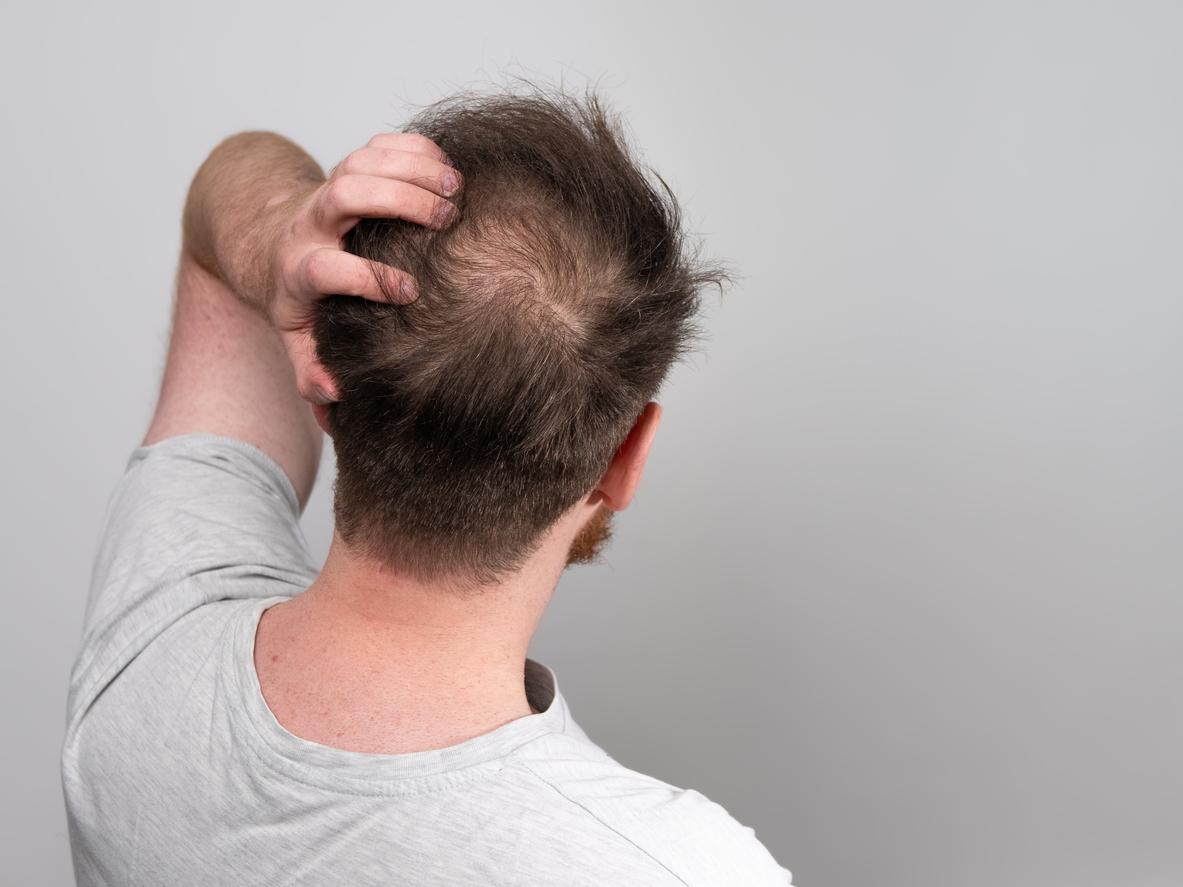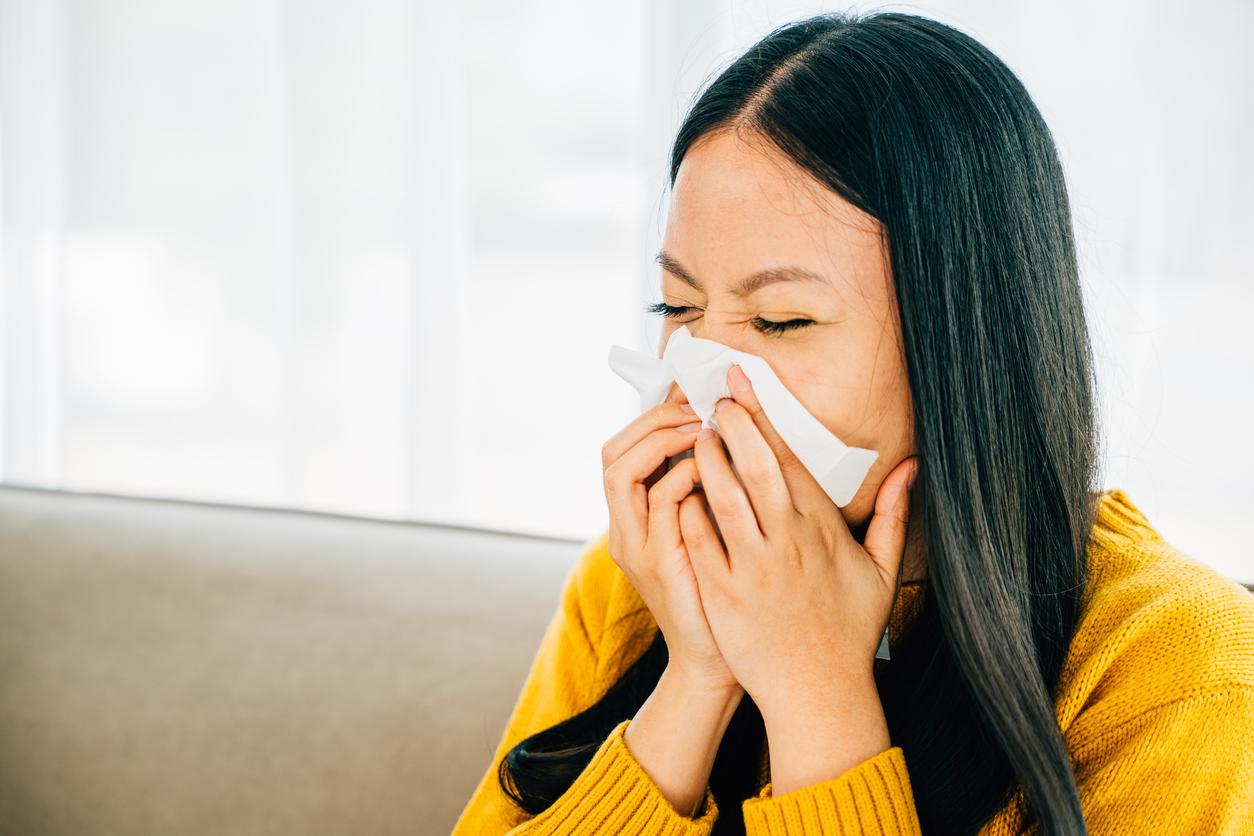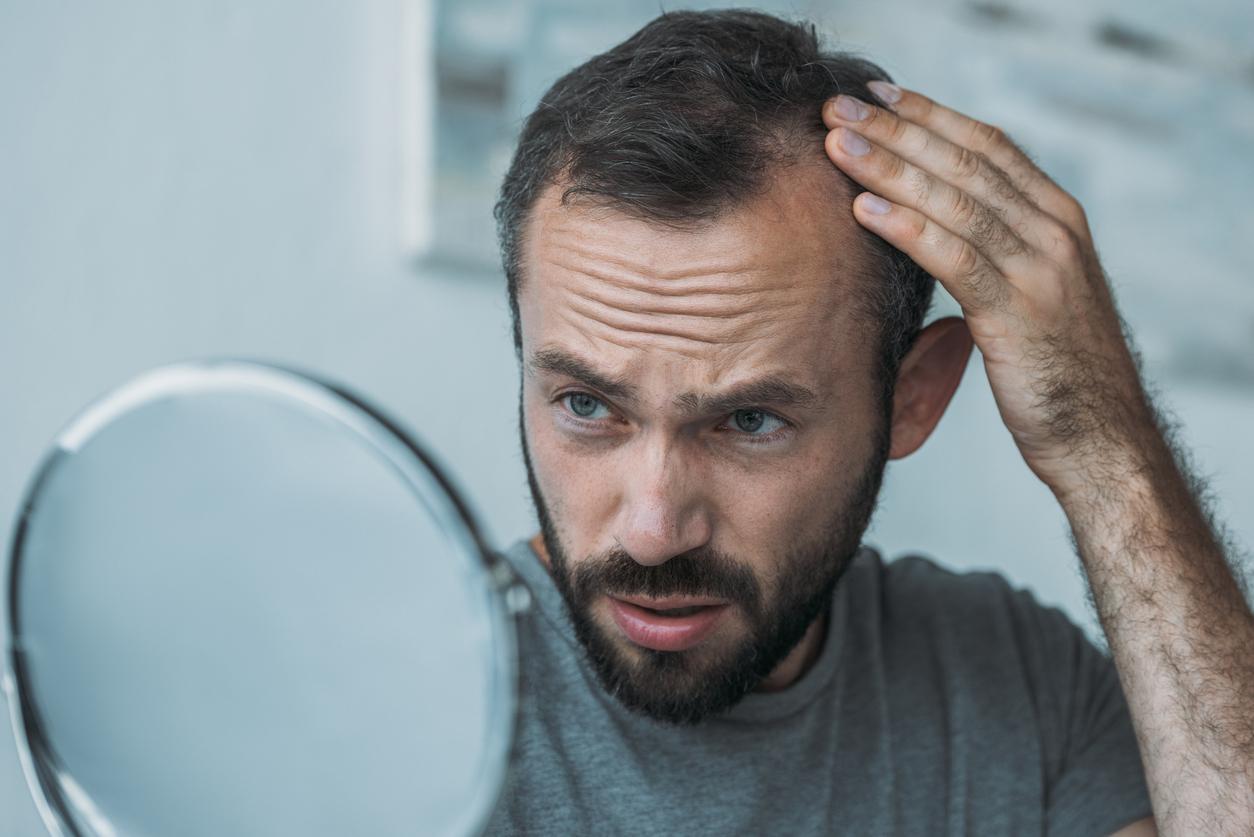The FDA has approved the use of a new drug to treat people with alopecia who are losing their hair.
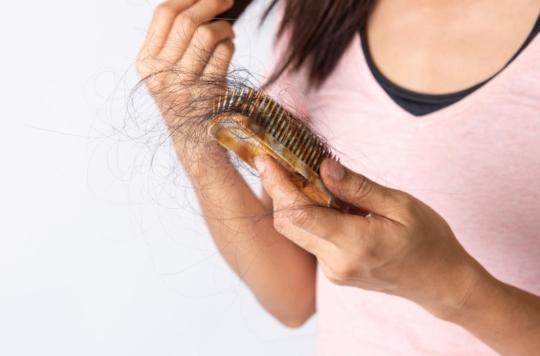
- Alopecia refers to hair loss, whether partial, in the form of patches, or total.
- It is the first systemic treatment, that is to say that it acts on the whole organism and not only on the affected area.
- The drug has been used since 2018 for people with moderate to severe rheumatoid arthritis, and in some cases, for people infected with Covid-19.
300,000 people are affected by alopecia, hair loss, in the United States. Since Monday, June 13, they can have access to oral treatment. The Food and Drug Administration (FDA), the US health authority, has approved the use of Olumiant, which contains baricitinib, to treatalopecia areata.
An autoimmune disease
“Access to safe and effective treatment options is crucial for the large number of Americans affected by severe alopeciasays Kendall Marcus, MD, director of the Division of Dermatology at the FDA’s Center for Drug Evaluation and Research, in a communicated. Today’s approval will help address a significant, as yet unmet need for patients with alopecia areata.”
In this autoimmune disease, the body attacks the hair follicles, and this leads to hair loss, often in bundles. According to French Society of Dermatologymale alopecia”is a normal, banal and frequent evolution of the normal life of the hair which can begin from puberty when it is a severe form”. It is often related to hormones or genetics. In women, it can be caused by a lack of iron, thyroid disorders, treatments or diseases, such as polycystic ovaries. “Once all possible causes have been ruled out, it is considered to be androgenetic alopecia of familial origin, much like in humans.”specifies the SFD.
Different dosages tested
The authorized medicine is a Janus kinase inhibitor, which blocks inflammation in the body by acting on several enzymes. Its effects on alopecia have been validated by two studies on people suffering from alopecia for more than six months and having lost at least 50% of their hair. Two dosages were tested: the first was 2 mg of Olumiant per day, the second 4 mg daily, and the last group, known as the control group, took a placebo for the entire duration of the study, i.e. 36 weeks. . For the authors, the drug is considered effective when the hair has grown back at least 80%.
In the first trial, 22% of participants who received 2 mg of Olumiant and 35% of those who took 4 mg of Olumiant regained satisfactory hair coverage of their scalp, compared to 5% of patients who took the placebo . In the second trial, 17% of patients who received 2 mg of Olumiant and 32% of those who took 4 mg of Olumiant achieved the same result, compared to 3% of the control group.
Different side effects identified
These studies are also allowed to highlight the side effects of the treatment. The most common are upper respiratory tract infections, headaches, acne, increased cholesterol levels and even liver fatigue. The drug is not recommended for people taking other JAK inhibitors, biological immunomodulators, cyclosporine or other immunosuppressants.








